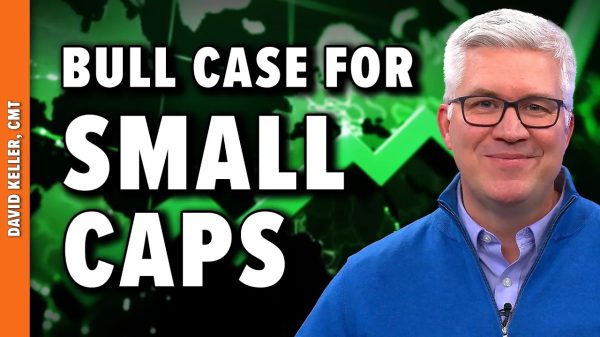FITCH’S downgrade of the US credit rating is likely to exacerbate unease about the country’s debt position, political polarization and the global standing of the US dollar, investors and analysts said.
Wall Street’s three major indexes ended lower on Wednesday, a day after Fitch unexpectedly stripped the US of its top credit rating, with the ratings agency saying expected fiscal deterioration over the next three years and repeated debt ceiling disputes threaten the government’s ability to pay its bills.
The yield on the benchmark 10-year US Treasury note, which moves inversely to prices, gained and at one point reached its highest point since November.
The ratings agency on Wednesday evening also downgraded US mortgage finance giants Fannie Mae and Freddie Mac Long-Term Issuer Default Ratings (IDR) and senior unsecured debt ratings to ‘AA+’ from ‘AAA.’
Major brokerages said they did not expect sustained turbulence, especially since strong US economic data has calmed fears of a recession.
Yet some market participants also said the ratings cut was a reminder that the country’s fiscal picture is becoming increasingly precarious, which could heighten worries for everyone from asset managers to global central banks and others holding massive amounts of US government debt.
Fitch’s call will “cause people to stop and ask questions,” said Robert Tipp, PGIM Fixed Income’s chief investment strategist and head of global bonds. “The fiscal framework of the 1990s is gone, as is the budget surplus, replaced by alarmingly large deficits, along with more frequent threats of government closure, and default.”
Mr. Tipp pointed at the country’s soaring debt to GDP ratio, which stood at around 100% at the end of 2022. Just a decade ago, that level would have been considered a “danger zone” for sovereign credits, he said.
Strategists at Macquarie led by Thierry Wizman said the downgrade could lend ammunition to countries calling for alternatives to the UAS dollar’s decades-long reign as the world’s premier reserve currency.
Fitch’s downgrade will likely be used at a summit of leaders from the BRICs trade bloc including Brazil, Russia, India, China and South Africa this month as a public relations ploy to help tout a new currency, they wrote in a Wednesday report.
“If that matters in shaping sentiment toward the USD in the “court of global public opinion then the status of the USD just took another notch downward,” he said.
The dollar share of official FX reserves fell to a 20-year low of 58% in the fourth quarter of 2022, according to International Monetary Fund data. Still, few believe the U.S. currency’s dominance will be challenged anytime soon.
Strategists at the BlackRock Investment Institute wrote that while Fitch’s action is unlikely to be a market driver, it “reinforces our view that rising inflation and debt burdens will prompt investors, over time, to demand more … compensation for the risk of holding long-term government debt.”
“We see that causing DM (developed market) bond yield curves to steepen over time as long-term yields rise,” they added.
For now, however, many investors focused on the near term outlook for the US economy, as the country looks increasingly likely to avoid a recession that had been widely expected early this year.
Josh Frost, the US Treasury’s assistant secretary for financial markets, said he did not expect Fitch’s announcement to hurt demand for Treasury debt.
“Treasuries remain the safest and most liquid assets in the world and we continue to see strong demand from our broad and diverse investor base,” he said.
Data released last week showed the US economy grew faster than expected in the second quarter as a resilient labor market supported consumer spending, with markets now pricing in a soft-landing scenario for the economy despite rapid interest rate hikes by the Federal Reserve.
Gennadiy Goldberg, head of US rates strategy at TD Securities, said the downgrade “could make investors a bit more nervous in the near-term, but the lasting impact will be minimal.”
Steven Zeng, strategist at Deutsche Bank, said Friday’s US employment report could trump the downgrade news for markets.
“Investors have lived through the S&P downgrade in 2011 and remember coming away unscathed,” he said. Also, people may have “gotten used to an elevated level of deficit spending,” he said. — Reuters























